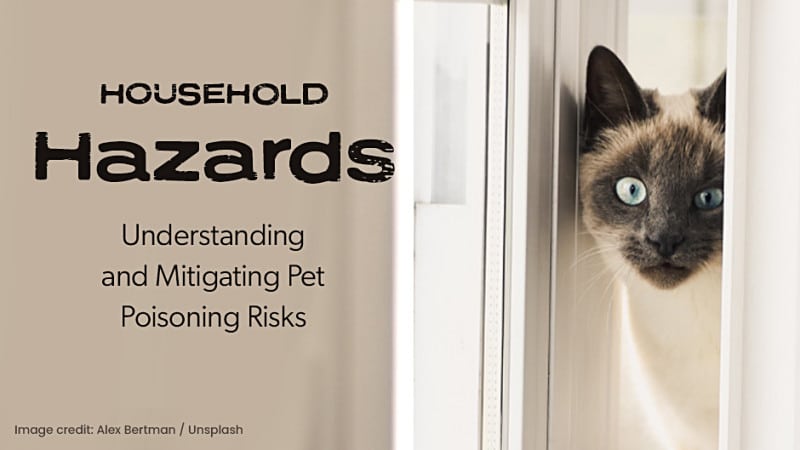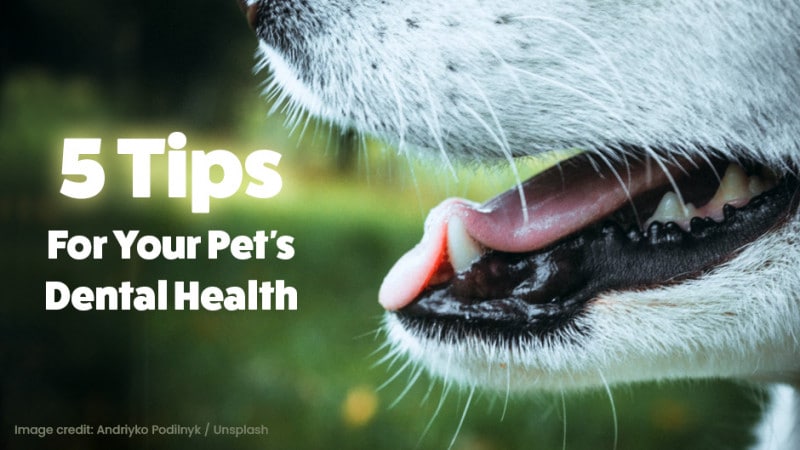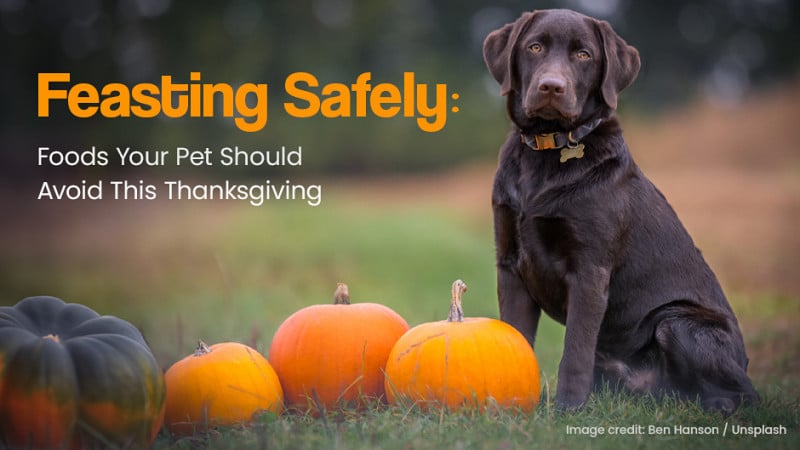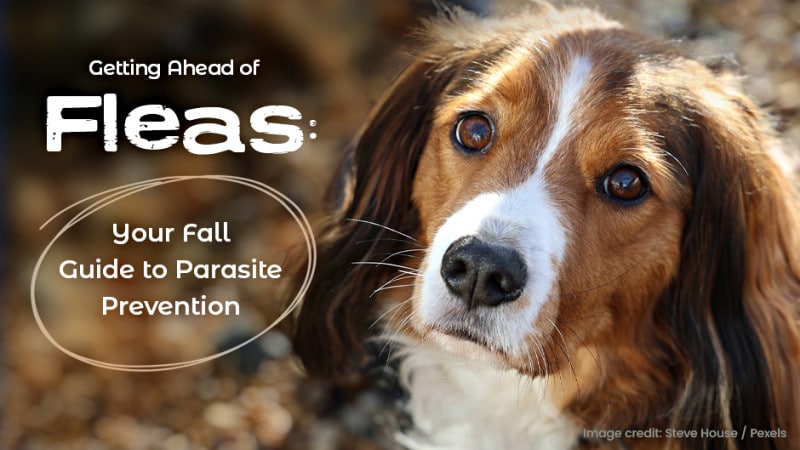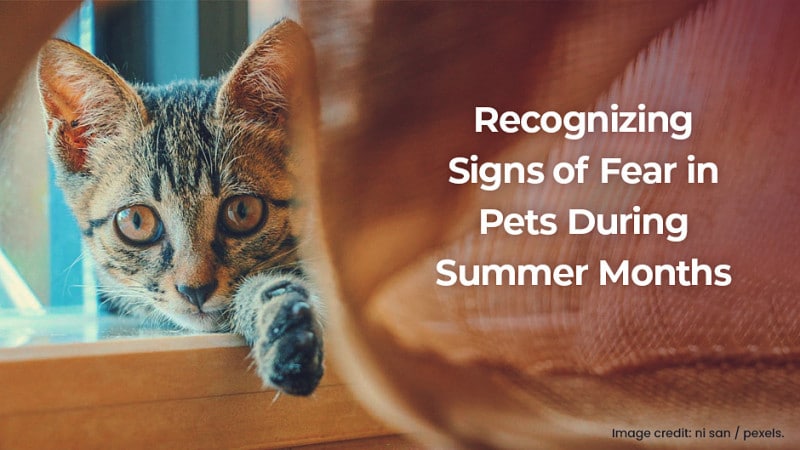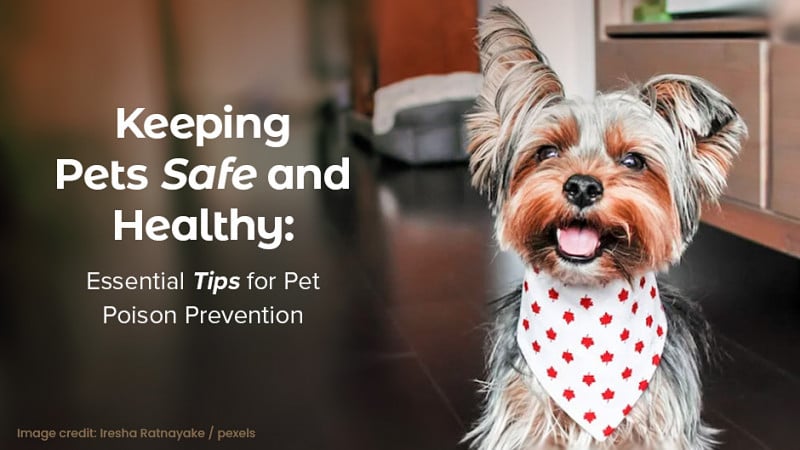OUR BLOG

Pet Poison Prevention: Common Household Dangers & How to Keep Your Pet Safe
Pets are naturally curious, which can sometimes get them into trouble. Many everyday items that seem harmless to humans can…
Household Hazards: Understanding and Mitigating Pet Poisoning Risks
Owning a pet offers immeasurable joy, companionship, and love. However, it also comes with the responsibility of ensuring their safety…
5 Tips for Your Pet’s Dental Health
We all wish for our furry friends to live happy, healthy lives by our sides. But often overlooked in pet…
Making Spirits Bright: How to Navigate Holiday Hazards for Your Pets
The holiday season is a time of joy and celebration, but it can also bring unexpected challenges for pet owners.…
Feasting Safely: Foods Your Pet Should Avoid This Thanksgiving
As Thanksgiving approaches, we all prepare to indulge in festive treats and a hearty Thanksgiving meal. But as pet owners,…
Spooky but Safe: How to Keep Your Pet Calm During Halloween
Halloween is one of the most awaited events for kids and adults. The streets are filled with people wearing creative…
Getting Ahead of Fleas: Your Fall Guide to Parasite Prevention
As pet owners, we can attest that flea infestation can not only be annoying but also extremely dangerous to our…
Recognizing Signs of Fear in Pets During Summer Months
As pet owners, it's crucial to prioritize the mental and physical health of our beloved companions. One of the most…
Pet Owner’s Springtime Checklist
Have you thrown yourself into your spring cleaning? If you’re like most people, you’re airing out the house, getting some…
Keeping Pets Safe and Healthy: Essential Tips for Pet Poison Prevention
According to the Pet Poison Helpline, every year, thousands of pets are affected by accidental poisoning. To raise awareness about…

